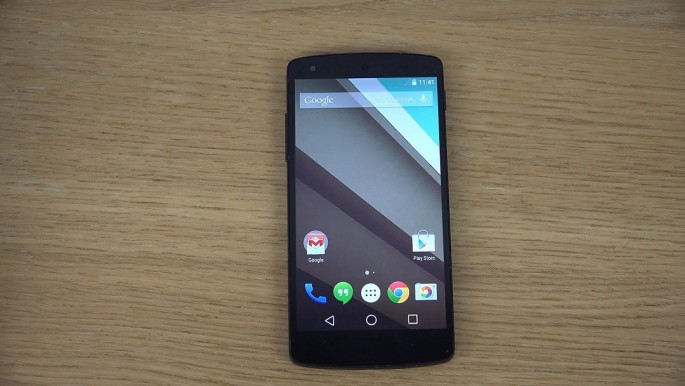A new study by the University of Cambridge reveals that during the past four years a sky-high 87 percent of Android devices such as smartphones and tablets were vulnerable to attacks from apps with malware. Most Android phone makers do not provide enough regular patches, although Google Nexus, LG, and Motorola handsets tend to provide more security updates.
Alastair R. Beresford was one of the study's authors. He reported the study's findings in a blog post.
The study was funded in part by Google. It examined 20,000 Android phone users who had bought the Device Analyzer app from the Google Play Store, according to CBS News.
Researchers ran the application in the background. They then gave device makers a score based on various factors including the ratio of gadgets that was running the latest software version, the average number of vulnerabilities that had not been fixed via a patch, and what percentage of the device was free of security vulnerabilities
Google's Nexus phones and tablets earned the highest score among Android handsets. It received a score of 5.2 out of 10, followed by LG (4.0), and Motorola (3.1), according to Engadget. Other Android manufacturers such as Samsung, Sony, HTC, and Asus received measly scores between 2.0 to 3.0
Android phone security has been making headline news recently. During the summer months, security firm Zimperium found the Stagefright bug in the device's media player that allowed hackers to send malware in a text message. They could then hijack the phone and access personal information.
Another big news story recently was a bug in Android phones that allowed hackers to remotely take control of handsets. This allowed cybercriminals to turn the phone into a spy tool.
Beresford recommended that Android device owners only install apps from Google's Play Store. It runs extra security checks on apps.



























